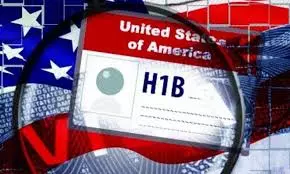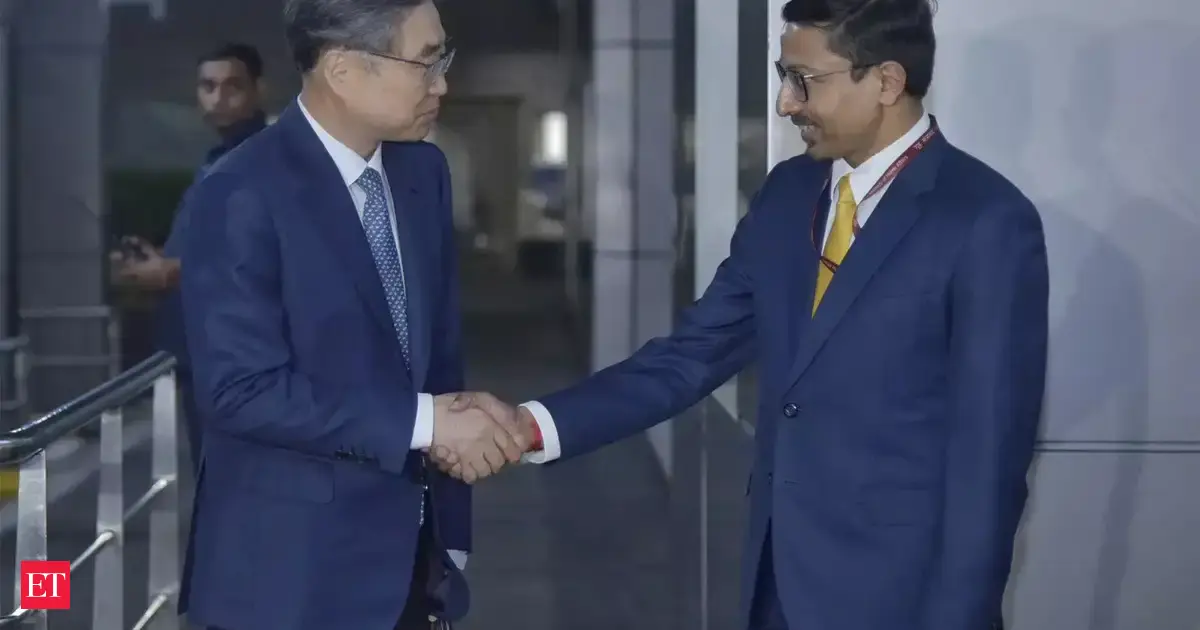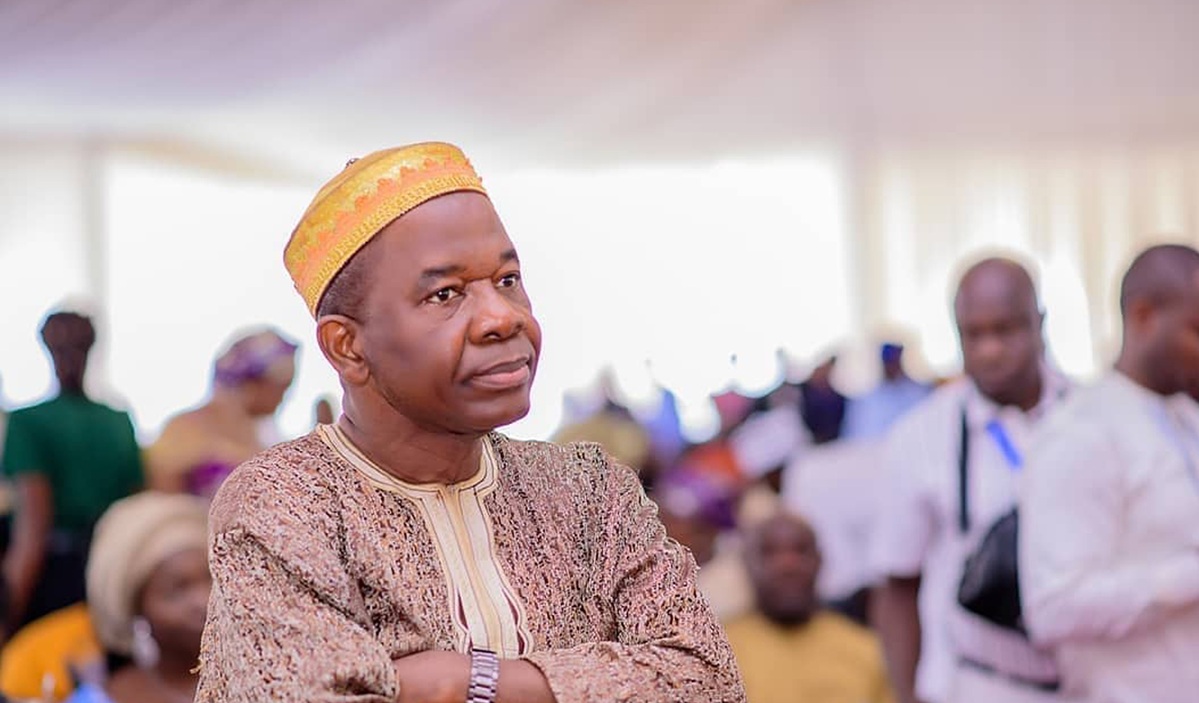By DC Correspondent
Copyright deccanchronicle

Visakhapatnam: Every cloud has a silver lining. The sharp increase in US H-1B visa fees could see some Indian IT firms lose a part of their business in the US, they could gain more offshore work and retain more talent in India.This positive assessment was made on Sunday by the chairman of the AP Digital Technology Industry Network (APDTI), Sreedhar Kosaraju. “This shift may help India establish itself as a faster-growing global tech and innovation hub,” he felt. Under a Trump diktat, the US visa fee for new applications has increased dramatically — from $4,500 to $100,000; some 22 times higher than before. This steep increase makes it prohibitively expensive for companies to hire Indian professionals for their work in the US. According to APDTI, major Indian IT firms such as TCS, Infosys, Wipro and Tech Mahindra have already begun to reduce their reliance on H-1B visas. These companies are moving more work back to India and locally hiring more techies in the US. The new fee hike is expected to accelerate these changes and could disrupt some projects in the US. With fewer H-1B visas available, companies are likely to increase their offshore operations from India and invest more in automation. Additionally, US multinationals might consider shifting more jobs outside the US. This change, APDTI feels, could lead to the establishment of more Global Capability Centres in India. The existing centres may expand, and AP will have the opportunity to attract more of these establishments. Sreedhar noted that Indian professionals on H-1B visas might face fewer job offers and stricter conditions for renewals and transfers. Only the most critical or highest-paid positions are likely to be sponsored. Major users of H-1B talent, including Amazon, TCS, Microsoft, and Google, are expected to significantly reduce their hirings. This reduction in hiring could lead to delays and higher costs for projects in the US. In addition, smaller firms and research institutions may find it challenging to afford the new fees and could cease sponsoring H-1B visas altogether. The new policy might also encourage skilled Indian professionals and students to remain in India or return home. This could slow down or even reverse the trend of talent migrating to the US. Top Indian students who once looked to the US for higher studies or job opportunities may now consider countries with more accessible immigration rules or choose to build careers in India’s rapidly growing AI and tech sectors, Sreedhar felt.



